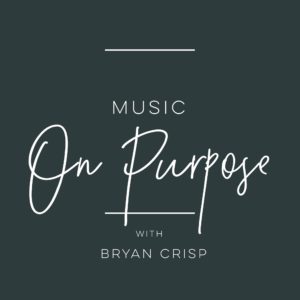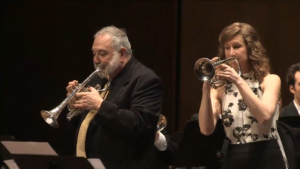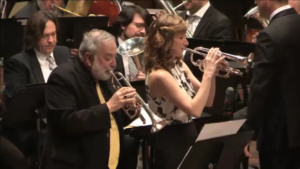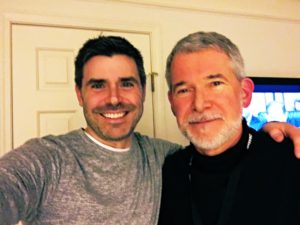This is the time of year for solo and ensemble festivals and band rating festivals. Everyone is gearing up to get the much anticipated rating for the year. What is the expectation for each director when it comes to their students?
What is a superior rating?
I am a music educator of many students and I would like all of them to receive a I, a Gold, or a Superior or Distinguished rating…whatever your state calls it. I would like to believe that everyone I educate receives the highest level of education and in turn can take that education to an event and receive the highest award, however, Is that expectation realistic?
There are too many superior ratings given out at these events. There, I said it. If we are talking about achieving at the highest level, is the majority at the top or the minority? I recently adjudicated a solo and ensemble event where the comment was made “the scores are low coming out of judge A’s room.” While on the surface that might be true, is judge A who is giving less superior ratings really giving low scores, or scores that are reality. Is judge A the mean judge? Is judge A “out to get the students?” If a judge hears 50 solo performances for the day there will be at least half in the middle, some on the lower end and a small percentage on the high exceptional end, at least in my belief. So, what is a superior rating?
A superior rating is not just getting the notes and rhythms. A superior rating is not just playing a difficult piece of music.
In the simplest answer, a superior rating is the highest honor, one reserved for music making at its finest.
A student or ensemble displays a performance that is not necessarily free from error, but that communicates understanding of the details. It goes above and beyond what others are showing and communicating. A performance that connects and engages the listener. A performance where the only descriptive words that fill the mind are the ones needed for the top honor.
Why are so many superior ratings given when not deserved?
1.Too many politics involved. I have been an adjudicator at thousands of events over the years and friends of directors, friends of performers and former students as the directors of the students or ensembles are being judged.
2. Not using the rubric (if one actually exists)
3. Needing to improve ears and create a higher level of expectation. What is the level that we are ultimately striving for. The highest level of achievement for the art form and go from there. Being a constant learner and listener.
4. Continuing to improve one’s own level of performance. One certainly has to be able to feel the highest level and understand what that is when listening to a performance. Recognizing how each of us can get better.
5. Not being afraid to give the score you know is earned. We have to be able to be honest with ourselves and the performers, which ultimately is the most educationally beneficial.
If you are an educator, and a student or ensemble of yours receives a rating that is less than superior, it does not mean you are a poor educator. We put too much stock in this one rating and it hurts our pride. We are all educating to the best of our ability. Let the rating be a learning experience that leads us as educators to grow.
Thoughts on this topic?




